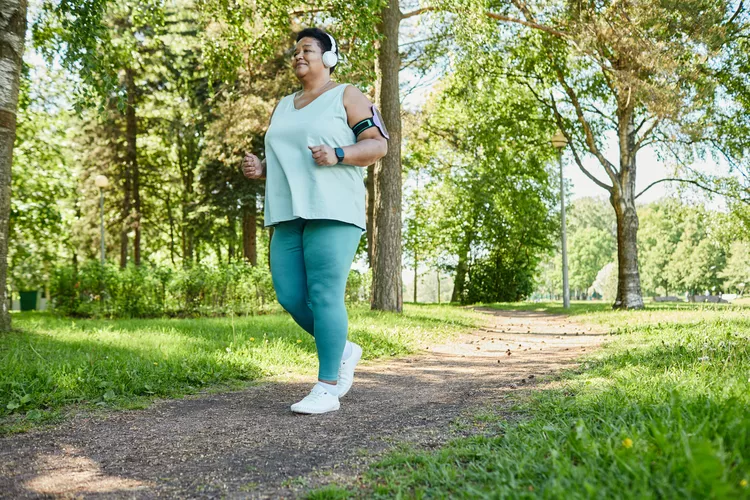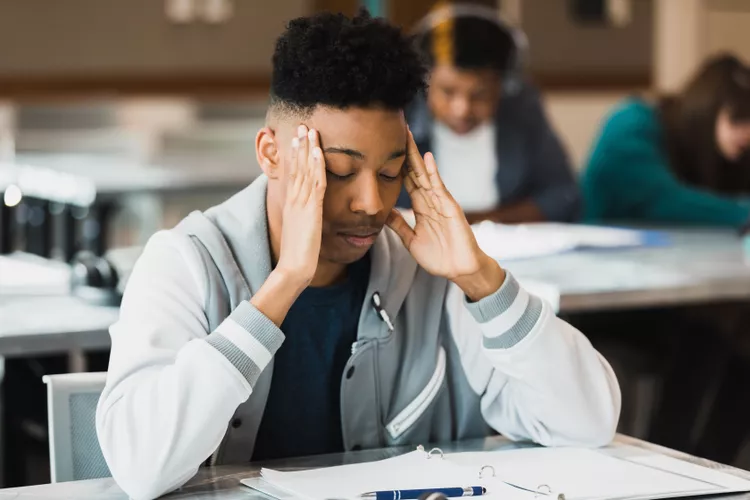How Long Can You Test Positive for COVID-19 After Recovery?

The length of time you may continue to test positive for COVID-19 after recovery varies depending on the type of test used and the severity of the infection. Most individuals with mild or no symptoms will stop testing positive within 9 days. However, PCR tests—which are highly sensitive—can return positive results for up to 90 days, even if you’re no longer contagious.
These differences occur because PCR and rapid antigen tests measure different things. While PCR tests can detect remnants of the virus long after infection, rapid antigen tests are more likely to indicate current infectiousness.
As of March 2024, isolation is no longer required for a fixed number of days. Instead, you can end isolation once your symptoms have improved and you've been fever-free for at least 24 hours. You don’t need to retest to end isolation but should still take precautions, like wearing a mask for five days afterward.
Do Different Tests Give Different Results?
Yes. There are two main types of COVID-19 tests:
-
PCR tests: These are lab-based and highly sensitive, detecting even small traces of the virus. They may remain positive long after recovery.
-
Rapid antigen tests: These can be done at home, provide results in minutes, and are better at indicating active infection, especially when symptoms are present.
If you test negative with a rapid test but still have symptoms, experts suggest repeating the test after 48 hours for a more accurate result.
Why Am I Still Testing Positive After I’ve Recovered?
PCR tests can detect fragments of viral RNA long after you’ve recovered. These fragments aren’t infectious but can linger in your respiratory system for weeks—or even months. That’s why you might still get a positive PCR result after full recovery.
On the other hand, rapid antigen tests usually stop showing positive results once the virus is no longer active in your system.
Are You Still Contagious If You Test Positive?
You’re typically not contagious if your rapid antigen test is negative—even if a PCR test is still positive. Most people with mild or no symptoms are no longer infectious after about 10 days.
Research shows that the virus is rarely viable in the respiratory tract after day nine, even if a PCR test still detects genetic material. So, a positive PCR doesn’t always mean you’re contagious.
Should You Retest After Testing Positive?
Retesting isn’t required to end isolation. If you’re feeling better and fever-free for at least 24 hours, you can stop isolating. That said, you may choose to take a rapid test if you want reassurance.
If you need to test again for purposes like travel, a rapid antigen test is preferred if it’s been fewer than 90 days since your last infection. PCR tests may still detect inactive virus particles and cause confusion.
What to Do After Isolation Even after ending isolation, it’s wise to wear a high-quality mask and avoid close contact with others for five additional days to limit potential spread.
A Quick Summary
-
PCR tests can remain positive for up to three months, while rapid tests usually turn negative within nine days after infection.
-
You are most likely not contagious if your symptoms are improving and your rapid test is negative.
-
There’s no need to retest unless required (e.g., for travel).
-
Always consult a healthcare provider if you have severe symptoms or your condition doesn’t improve.
Stay up-to-date with CDC and WHO guidelines, as COVID-19 policies and recommendations continue to evolve.
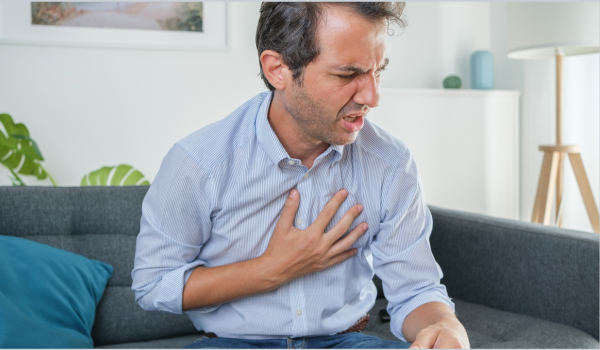
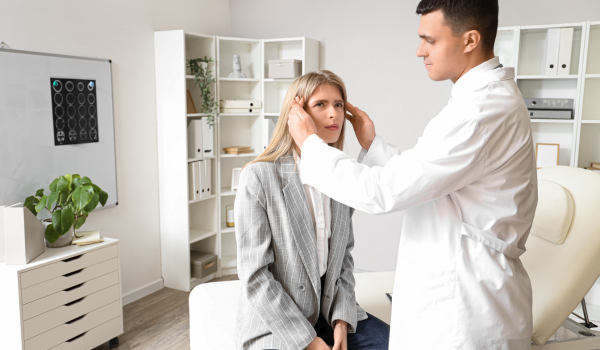

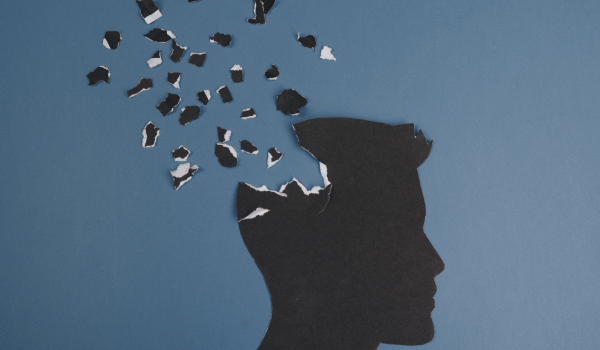
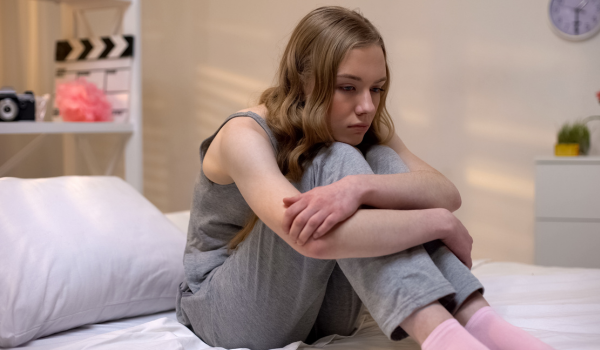

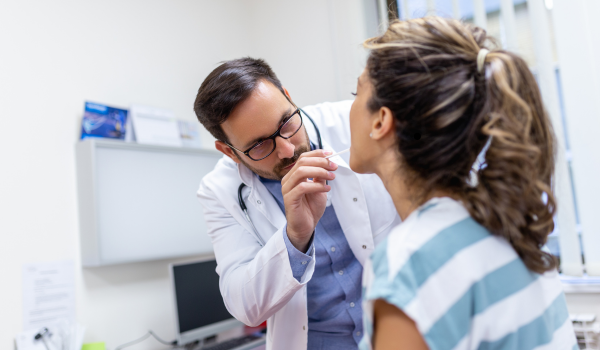

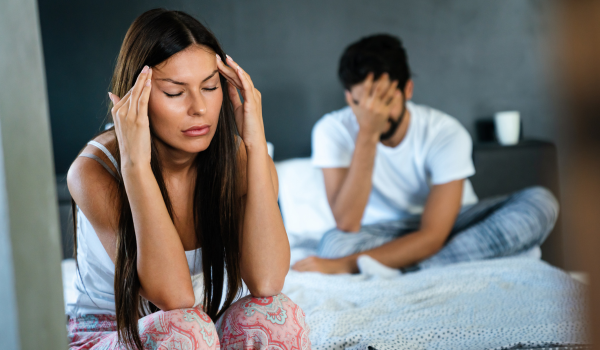
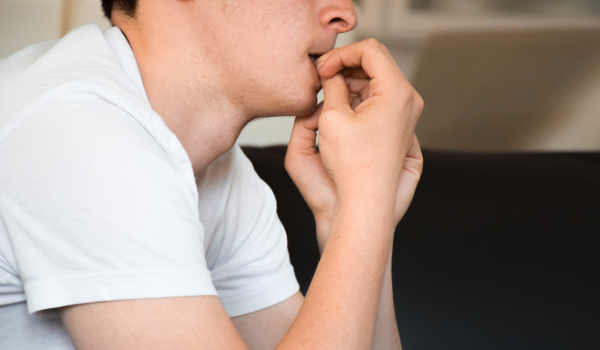
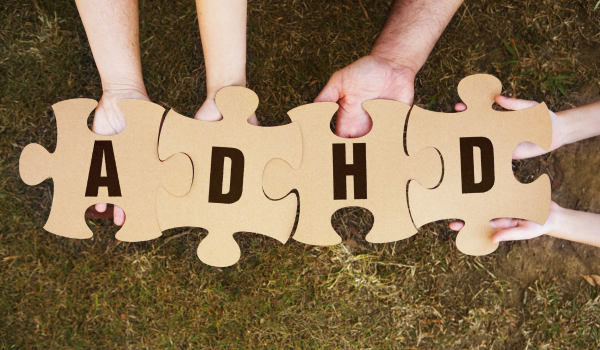
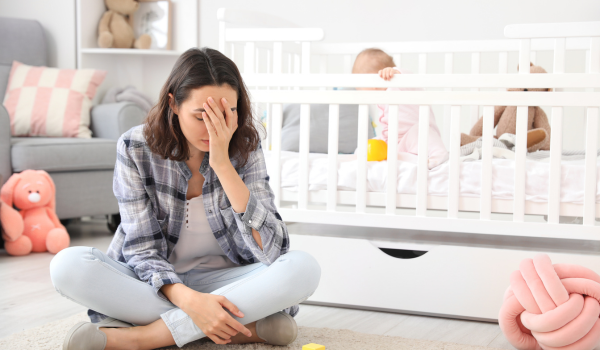
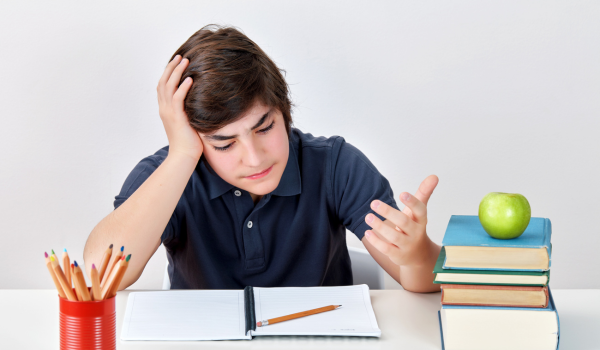

.png)
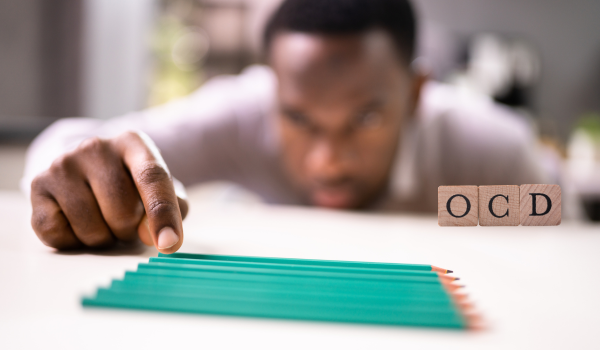
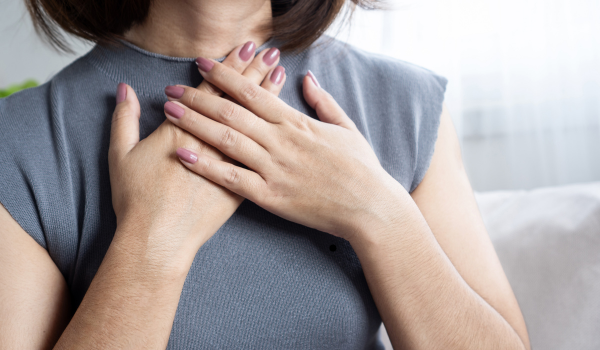
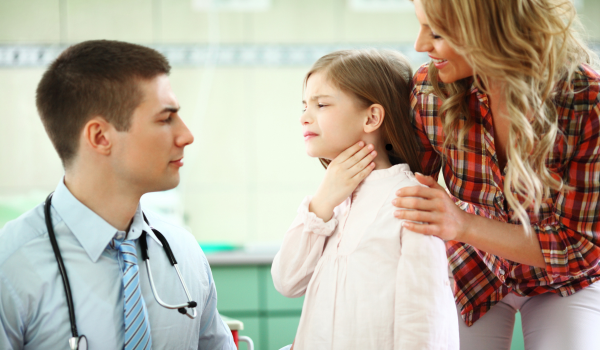

.png)


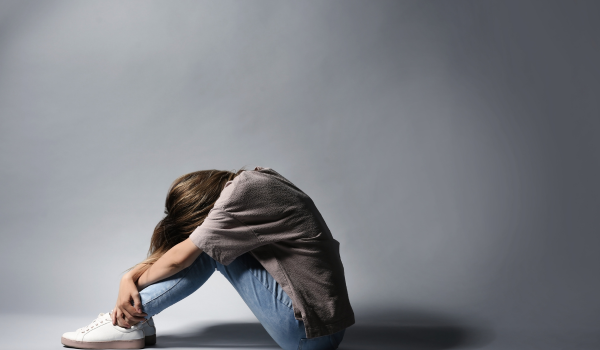

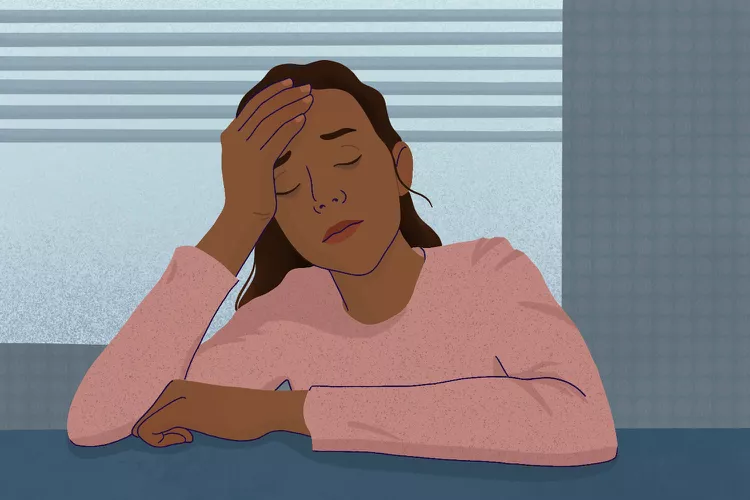
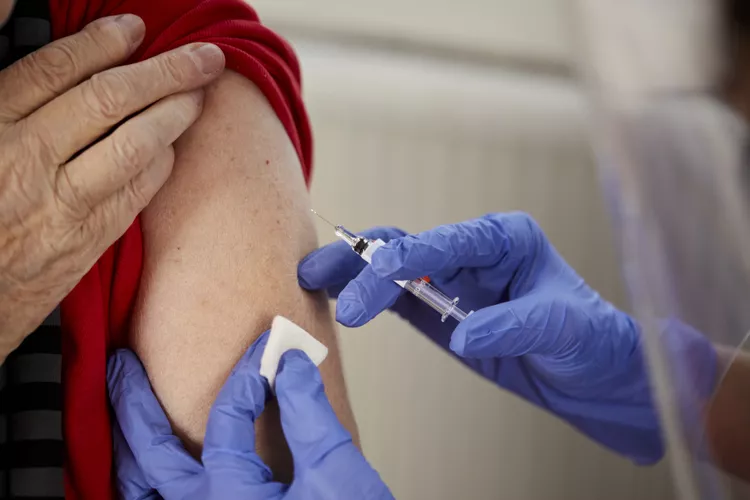
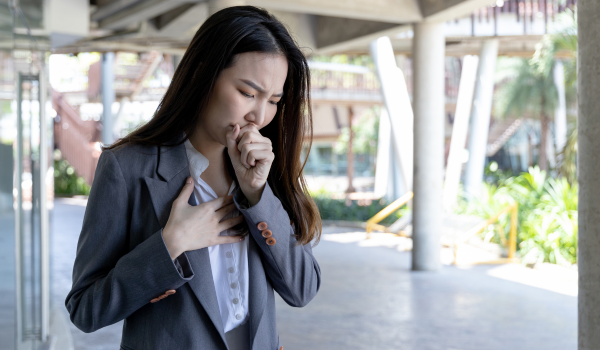
.webp)
.webp)


.png)
